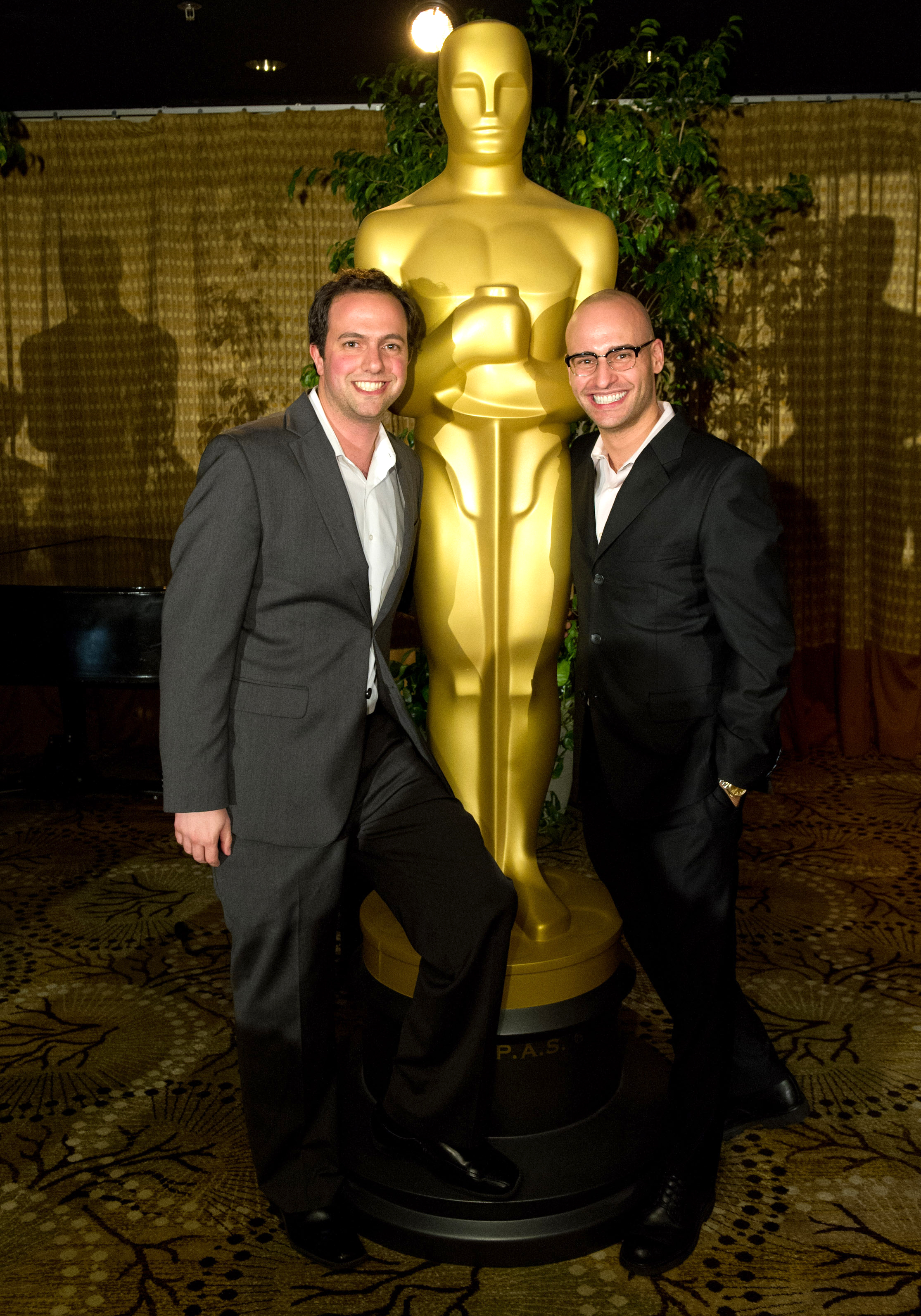It’s the end of the year, and the academy is due to hand out awards: Oscars for the veterans, and Nicholls for the newcomers.
The Nicholl Fellowship in Screenwriting, an international screenwriting competition sponsored by the Academy of Motion Picture Arts and Sciences, awards up to five out of ten chosen finalists. Entrants can be anyone who has not made more than $5,000 by writing fictional work for film or television. The prize is $35,000 for the winners.
UCLA alumni Bob Roden, Ryan Belenzon and Jeffrey Gelber were selected as finalists this month from a pool of over 7,000 applicants. This serves as validation for their distinguished screenwriting careers.
For Bob Roden, placing as a finalist is another step in his transition to a full-time screenwriter.
He was introduced to the craft while working for Pixar as an in-house lawyer. There, he won a company screenwriting contest with “Play by Play,” a short film about a young boy with an imaginary life as a baseball player. Pixar’s Afterwork Films produced the movie, and it won numerous film festival awards, including the Audience Award at the Arizona International Film Festival, prompting Roden to focus on screenwriting.
“It’s funny. I started out as a theater arts major at UCLA,” Roden said. “But I graduated in sociology. And now I’m back in the theater arts.”
For the Nicholl Fellowship, Roden wrote “Return of the Dipsticks,” a comedy about a 60-year-old musician who reunites his old band, The Dipsticks, to play at the Superbowl.
The screenplay draws on Roden’s own experience as a professional musician: he once played in a rock band called Sidro’s Armada, which he recently reunited for their induction into the Las Vegas Rock and Roll Hall of Fame.
But, Roden said, the film is not intended to be autobiographical; rather, the real-life influence serves as a launching pad for character development.
“I write stories with heart,” Roden said. “The piece that is the common thread is a real connection with characters that the audience cares about, put in situations that force the issue.”
During the week of the awards ceremony, he met with agents, managers and industry professionals, in hopes of getting “Dipsticks” or one of the many screenplays he is writing into production. For him, the Nicholl is an introduction to the filmmaking business.
Ryan Belenzon and Jeffrey Gelber, co-authors of the finalist screenplay “X,” however, have been in the business since they graduated with degrees in film and theater, respectively.
Belenzon got his first taste of filmmaking in his second quarter at UCLA, when he wrote and directed “The Cheating Zone,” which follows three different types of cheating and details their consequences. The film is still shown each summer during student orientation.
When Gelber met Belenzon, Belenzon had already written a screenplay, inspiring Gelber to try his hand at it as well. Their first collaboration, a relationship drama named “Clarity,” made the top 30 of the Nicholls. Pleased with the results, they decided to continue writing together.
“We sound ideas off each other,” Gelber said. “We have a very good yin and yang quality.”
The original draft for “X,”a treasure-hunting adventure set on Oak Island, Nova Scotia, was completed a few years after Belenzon and Gelber graduated.
They wanted to write an “Indiana Jones” type of movie that they loved watching as kids. Gelber brought the idea of writing a swashbuckling adventure to Belenzon, while Belenzon suggested the location of Oak Island. Belenzon was amazed that no one had written a story set on Oak Island yet.
“The island is so incredible, it’s full of mystery, it’s almost unbelievable.” Belenzon said. “I heard about it first from stories my dad told me. And it was featured in “˜Rolling Stone’ at some point.”
The screenplay, originally titled “Oak Island,” was finished in 2005, seven years before it was submitted as “X”. In the interim, Belenzon wrote the screenplay “The One That Got Away,” prompting interested agents to ask for what else he had done.
A production company expressed interest in “Oak Island” but suggested changes.
“They wanted it to be less of a Da Vinci Code movie,” Belenzon said. “So I pitched some changes about the nature of the treasure that I’d come up with over the years and they said great, so we went ahead with that.”
Both have day jobs in the film business ““ Gelber casting for Universal Pictures, Belenzon running a multi-media company called Evil Media Empire ““but but they spend much of their free time writing together.
For Belenzon and Gelber, the competition results are more of a validation than a major career change ““ Roden also expressed a similar sentiment.
“Even beyond the fate of this particular script, it establishes me to agents and managers as a writer with some credibility,” Roden said.
Even for writers with agents, the recognition is crucial.
“The great thing about the Nicholl is that, for a little while anyway, you have a stamp of approval.” Belenzon said. “It’s so easy in this town for someone to say “˜no,’ and it’s so great to have someone say “˜yes.’ And the someone in this case happens to be the academy.”
